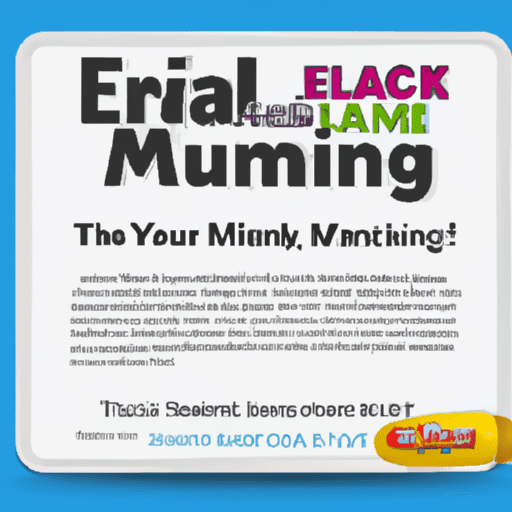Curse Words: A Linguistic Marvel or Foul Play?
Introduction
Language is a beautiful thing. It allows us to express ourselves, connect with others, and convey complex ideas. But sometimes, words fail us. In those moments, we turn to the forbidden fruit of language: curse words. These colorful expressions have long had a controversial place in our lexicon, evoking strong reactions from both those who wield them liberally and those who view them as social pollutants. In this article, we will explore the origins, uses, and impact of curse words, questioning whether they are linguistic marvels or simply foul play.
Chapter 1: The Origins of Profanity
The Early Days
Profanity has been around for centuries, with written evidence dating back to ancient Rome and Greece. In these societies, blasphemy against the gods was considered a serious offense, and using their names in vain was seen as a violation of societal norms.
As language evolved, so did the taboos surrounding it. The rise of organized religions introduced new sacred concepts and figures, leading to the creation of new taboos. The medieval Christian society, for example, considered using the names of saints or referring to religious objects in a disrespectful manner as blasphemous.
The Modern Curse Word Renaissance
The explosion of curse words as we know them today can be traced back to the Renaissance period. As society moved away from the dominance of the Church, secularism gained ground. This shift allowed for the use of language with more freedom, resulting in the emergence of new profanities.
The development of curse words during this time had a lot to do with expressing rebellion against societal norms. The use of explicit language became a form of resistance against oppressive authority, and the shock value of curse words began to grow.
Chapter 2: The Uses of Curse Words
Release of Emotional Pressure
One of the primary reasons people use curse words is for emotional release. Swearing allows us to express anger, frustration, or pain in a way that other words simply cannot match. The act of cursing can be cathartic, providing a temporary outlet for intense emotions.
Research suggests that swearing may even have a positive impact on our physical and emotional well-being. A study conducted at Keele University in the UK found that swearing can increase pain tolerance and reduce the perception of pain. This phenomenon, known as the “pain-lessening effect of swearing,” highlights the power of curse words to help us cope with discomfort.
Building Bonds and Expressing Solidarity
Curse words can also function as social tools, helping to strengthen bonds between individuals or groups. When used in the appropriate context and with the right people, swearing can create a sense of camaraderie and shared experience.
Consider, for example, the language used among close friends or within subcultures. Expletives are often exchanged humorously, as a way of reinforcing the strength of the relationship or expressing a shared understanding of a particular situation.
Chapter 3: The Impact of Curse Words
Social Offense and Slipping Standards
Despite the potential benefits and the argument for freedom of expression, curse words can also have negative consequences. The use of profanity, especially in public or formal settings, can offend and alienate others.
Moreover, the overuse of curse words can lead to a normalization of offensive language, potentially eroding the boundaries between what is considered appropriate and what is not. This slippery slope can have consequences for civility and respect in our interactions.
Stifling Genuine Expression
Ironically, the ubiquity of curse words in our language can sometimes dampen genuine expression. When every other word becomes a profanity, the impact of those words decreases. What was once a powerful tool for expressing intense emotions might lose its potency when used without careful consideration.
Additionally, the incessant usage of profanity can overshadow other aspects of language, limiting our ability to communicate complex thoughts and emotions beyond cursing.
Closing Thoughts
Curse words are an undeniable part of our language. From their historical origins to their modern-day uses, they have shaped our linguistic landscape in ways both positive and negative. While curse words have their place as tools for emotional release and social bonding, we should remain mindful of their impact on others and on our broader expression. As with any powerful tool, balance and intention are key. After all, language should be used to connect and enlighten, not just to shock and provoke.

